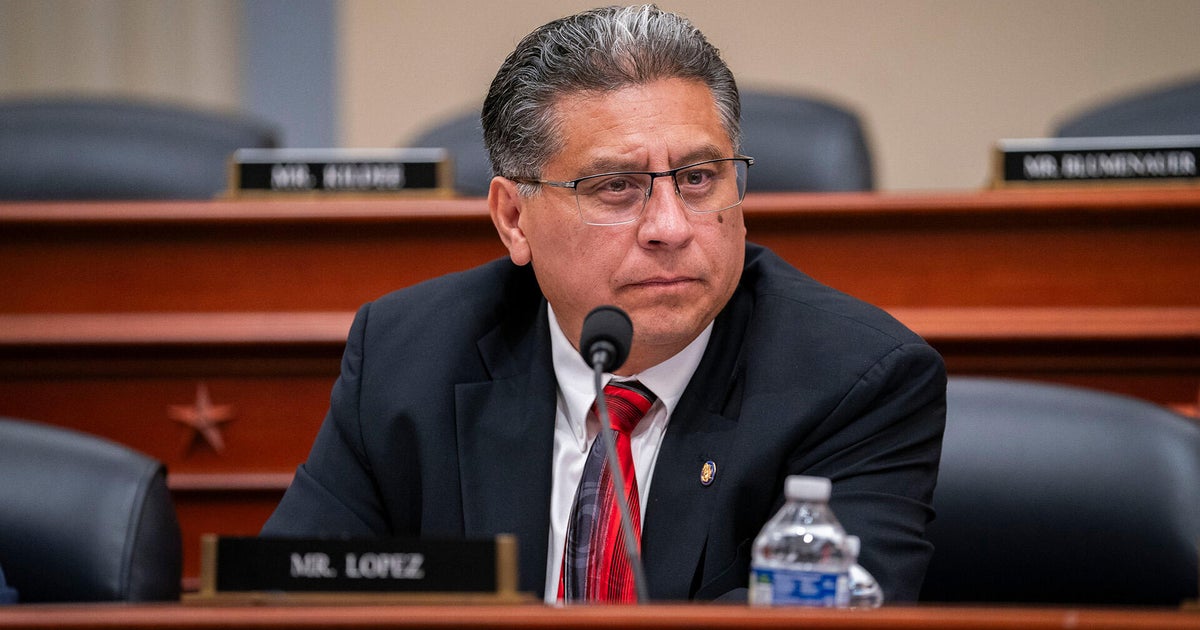Gov't Jobs At Heart Of Defense Budget Debate
MIAMI (CBSMiami) – The next big fight on the Congressional front is already taking shape as Democrats and Republicans look to stave off defense cuts agreed to by both parties in last year's debt ceiling deal.
The fight though is also putting Republicans, including presidential nominee Mitt Romney, into a precarious position on one of the central themes of the 2012 presidential race.
According to POLITICO, a George Mason University estimate 2 million defense and nondefense jobs could be lost due to the cuts, including 80,000 in Florida. Both parties want to avoid the cuts, but can't agree on how, though some thawing of the Congressional freeze is starting to show.
Democrats and Republicans are both trying to fight off major job cuts to the lucrative defense industry. The defense budget is over $700 billion, which is six times what the next highest global spender, China, spends on defense.
For Romney and other Republicans though, it presents a question of what is a government job? The Romney campaign has repeatedly said it will not cut defense spending and may increase defense spending in coming years.
"Cutting our men and women in uniform, who put their life on the line to defend America, is the wrong approach to shrinking government and growing this economy," the Romney campaign told CBSMiami Monday.
Romney's campaign has repeatedly said government doesn't create jobs; however, the defense cuts will eliminate government jobs. So, either the government does create jobs, or the defense cuts aren't government jobs. It's a tough conundrum for the campaign to navigate.
Officially, Romney's campaign said it will send a bill on Day One that cuts non-security discretionary spending by 5 percent across the board. It will also cap non-security discretionary spending at 2008 levels, meaning millions of job losses for current government workers and associated contractors.
The campaign also proposes to cut the federal workforce by 10 percent via attrition, according to Romney's official website.
The plan would put hundreds of thousands of non-defense workers out of work as the economy continues to sputter from the depths of the worst economic collapse since the Great Depression in the 1930's.
All of that leads to whether it is acceptable to the Romney campaign that cutting non-defense jobs, which are government jobs, is okay; but cutting defense government jobs is not acceptable.
Republican Lindsay Graham was in Florida Tuesday and acknowledged that the entire sequester brouhaha is both parties fault. "Our congressional leaders and the president created this mess. Our fingerprints are on this as Republicans," Graham told POLITICO.
Congress is expected to head-off the defense cuts before they go into effect. Republicans have begun to acquiesce to Democrat demands for increased revenues and Democrats are accepting cuts in an even package for both sides.
But, an opening in the argument against government job cuts has been created and could prove troublesome for Republicans, conservative Democrats, and Romney.







